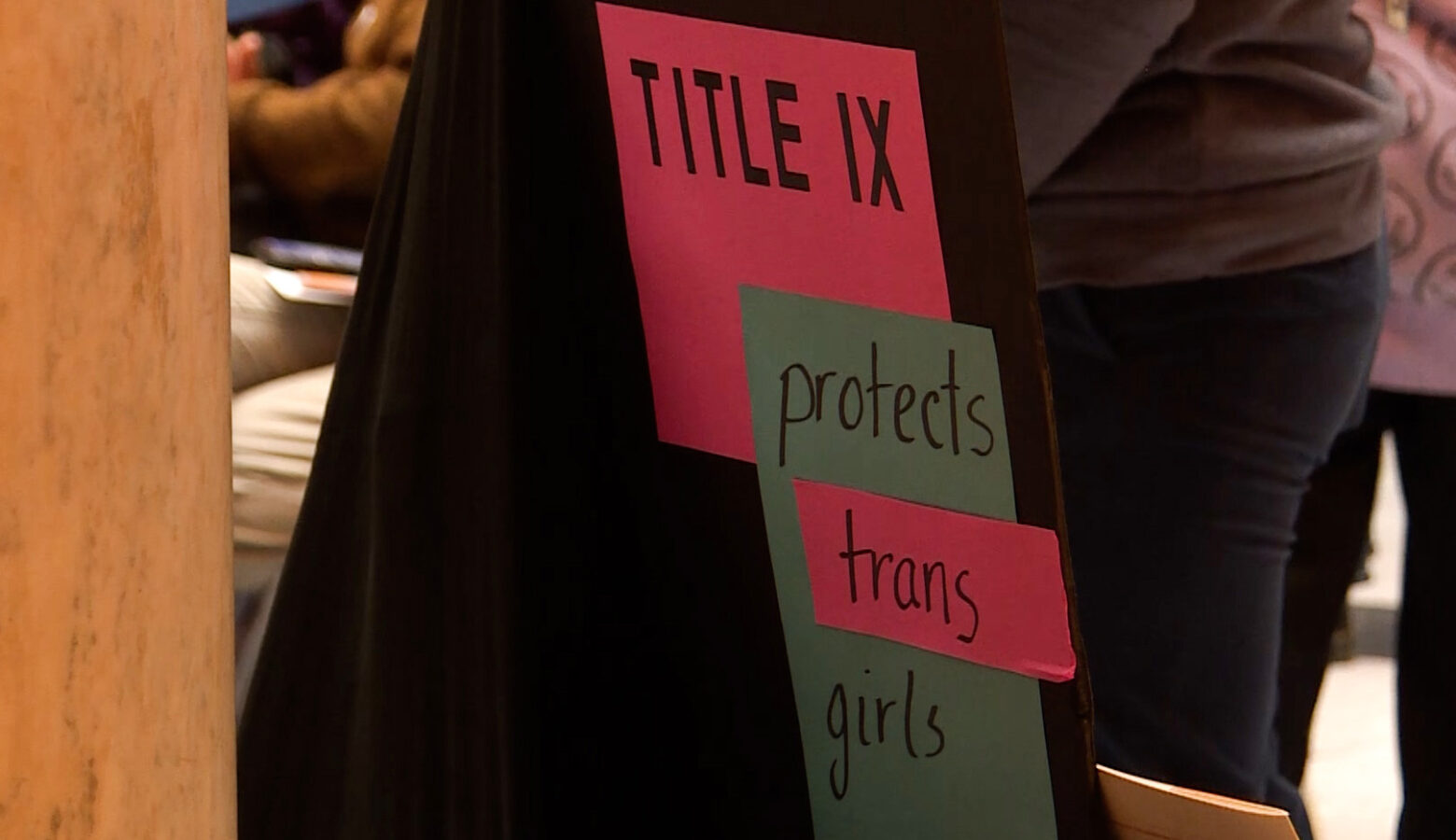IYG: Statehouse allies for LGBTQ+ Hoosiers ‘walked away’ on collegiate transgender sports ban

IYG, North America’s oldest continuously operating organization for LGBTQ+ youth and young adults, is speaking up after a House committee passed a collegiate transgender sports ban.
The organization’s CEO said Wednesday’s committee hearing was “disappointing” — only one Democrat voted against the measure.
Chris Paulsen said Indiana’s proposed collegiate transgender sports ban has nothing to do with Indiana. In fact, House Bill 1041’s author was in Washington, D.C. the previous week when President Donald Trump signed an executive order doing the same thing.
Paulsen said the ban is a continuation of the last several years of attacks on transgender youth and young adults. Since 2022, lawmakers have passed laws banning transgender girls from school sports, gender-affirming care for transgender youth and passed a version of Florida’s “Don’t Say Gay” law.
But, lawmakers who had supported LGBTQ+ rights and pushed back against anti-trans legislation in the past voted for the bill.
“You know, you can’t show up in June at a Pride party and say you support trans people,” Paulsen said. “And then, when bills come before you … vote against those rights.”
The bill codifies the NCAA’s transgender women athletes ban, which the association announced following Trump’s executive order.
Paulsen said Indiana’s ban goes a step further. Trump’s executive order isn’t a law. And the NCAA has changed its own policy for transgender athletes multiple times since 2010. Before the president’s executive order, the association had most recently updated its policy in 2022.
“The NCAA can modify a policy as more information is known and things like that,” Paulsen said. “Changing a state law is much more difficult than that.”
Join the conversation and sign up for our weekly text group: the Indiana Two-Way. Your comments and questions help us find the answers you need on statewide issues, including our project Civically, Indiana and our 2025 bill tracker.
Paulsen said the law “feels like a targeted attack against young people who just want to play sports.”
“No one actually really talked about the science and the truth behind trans athletes,” Paulsen said. “And let’s be specific — it’s trans women that they’re worried about. The bill doesn’t address trans men.”
The limited studies on transgender athletes suggest that transgender women who receive gender-affirming care have “no clear biological advantages” in elite sports — and may even perform worse. Research on transgender athletes have called for more studies and cautioned against blanket bans like the one Indiana has proposed.
Paulsen said discussion on the measure among lawmakers used “trans young people as pawns” — which they called “egregious.”
The measure is expected to be heard by the full House next week.
Lauren is our digital editor. Contact her at [email protected] or follow her on Bluesky at @laurenechapman.bsky.social.

